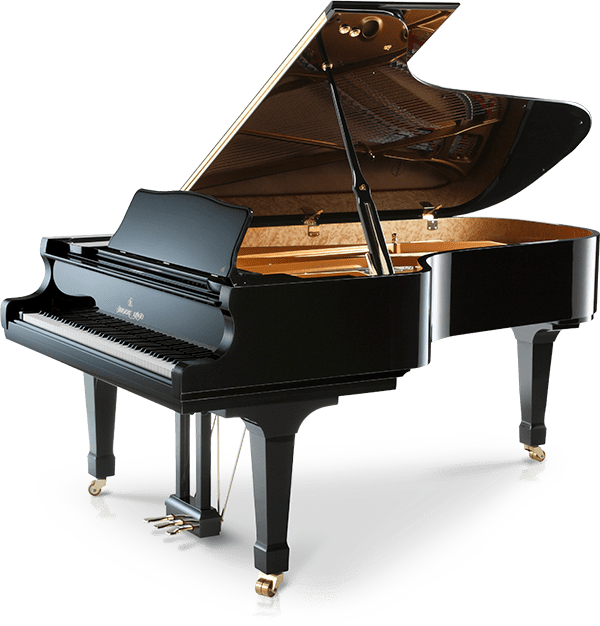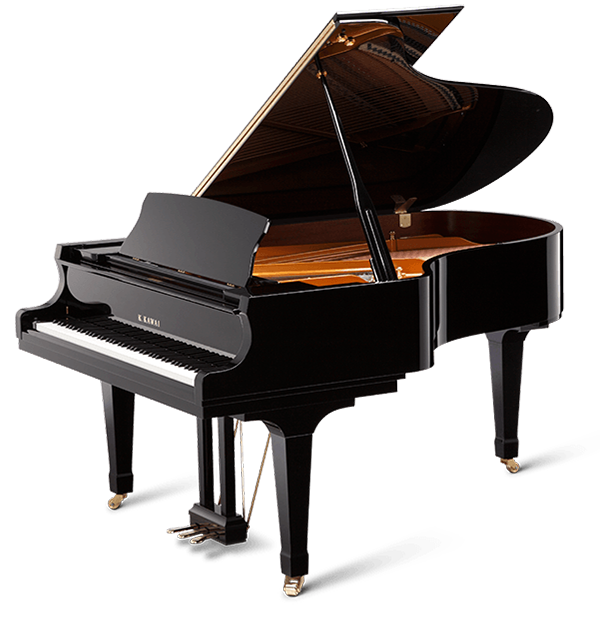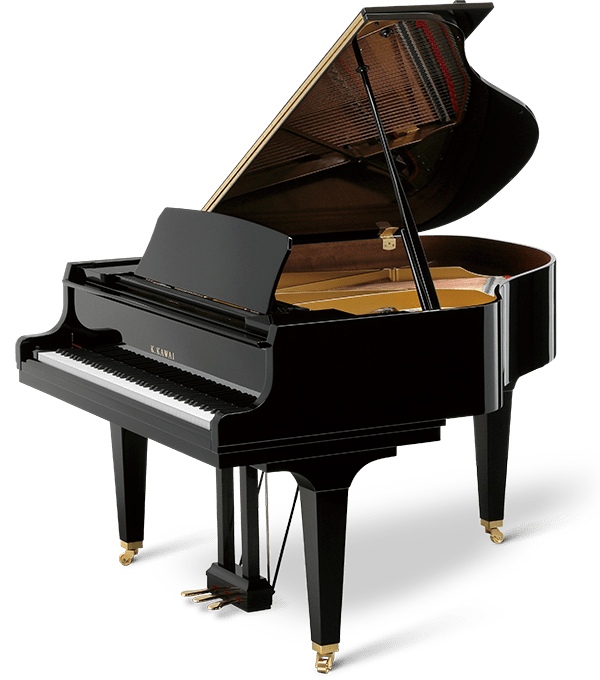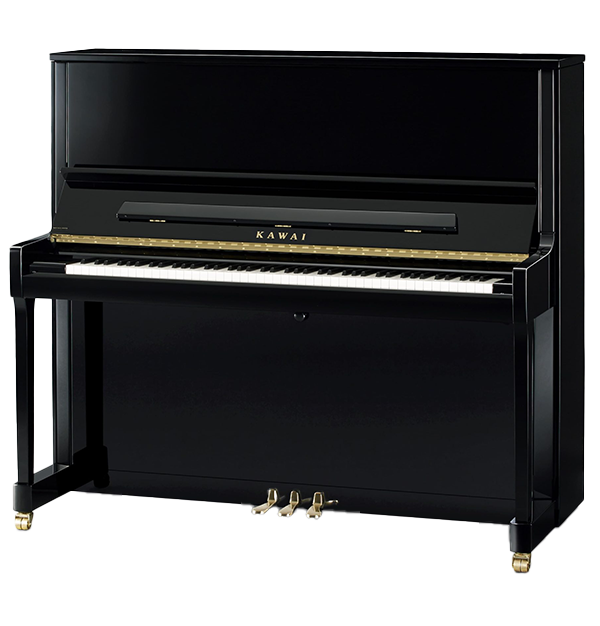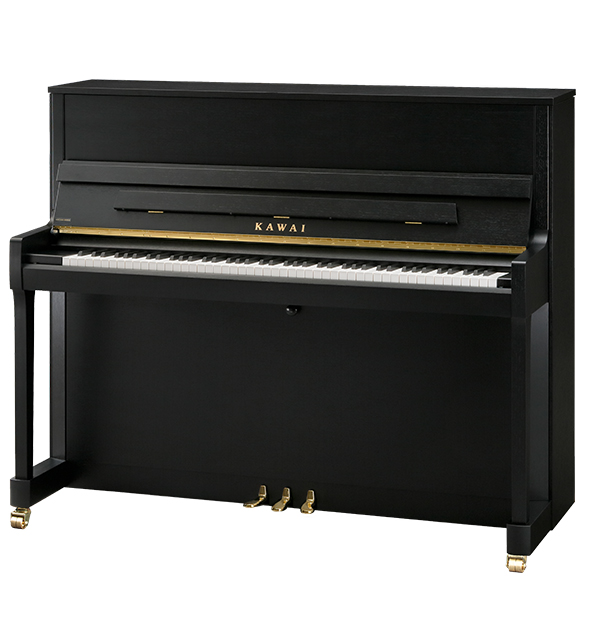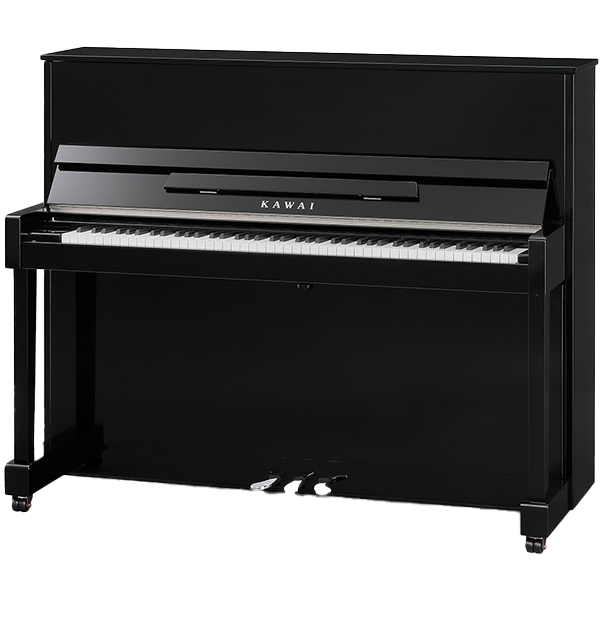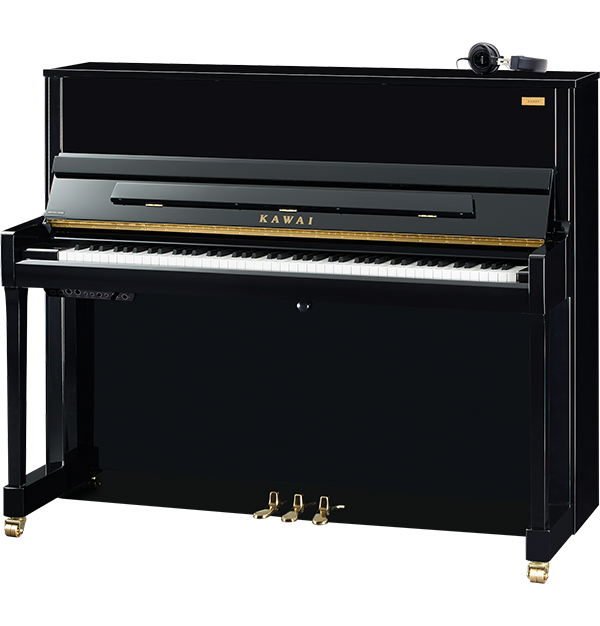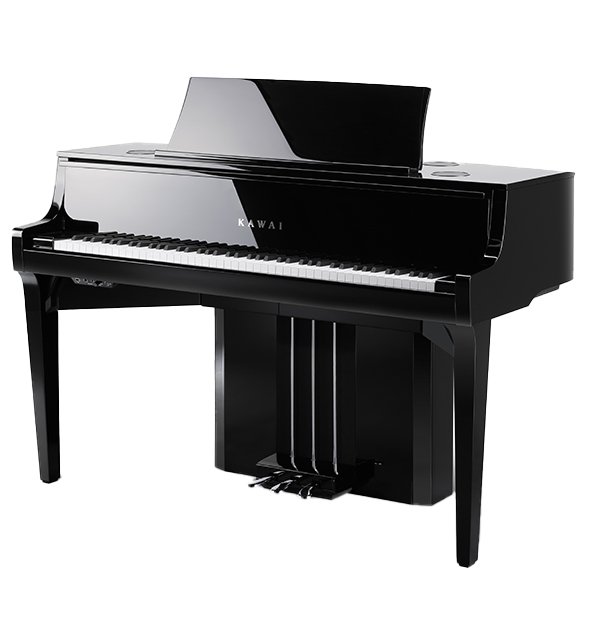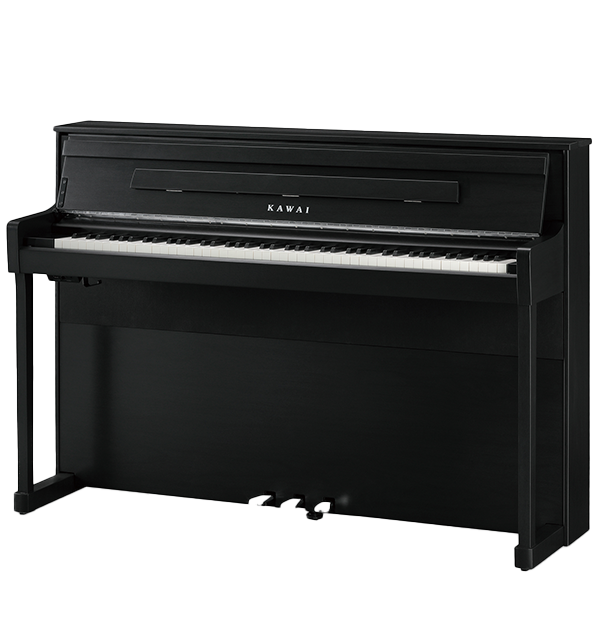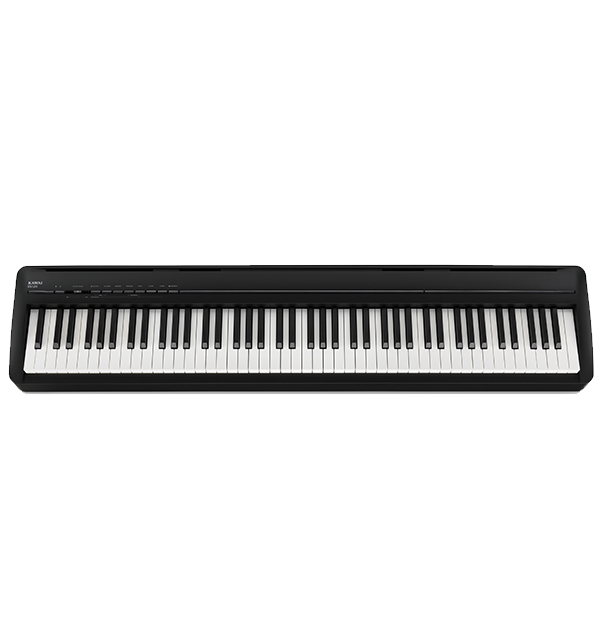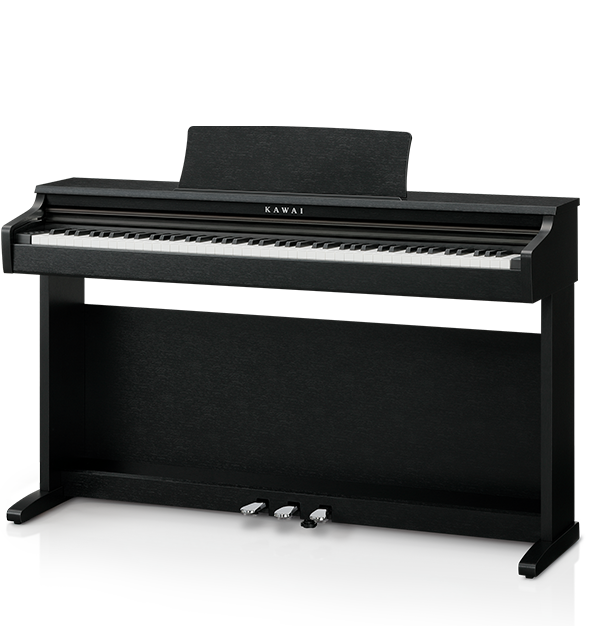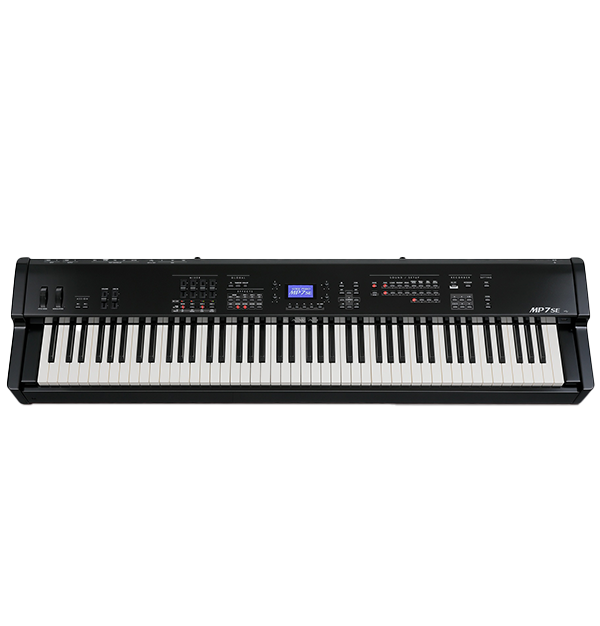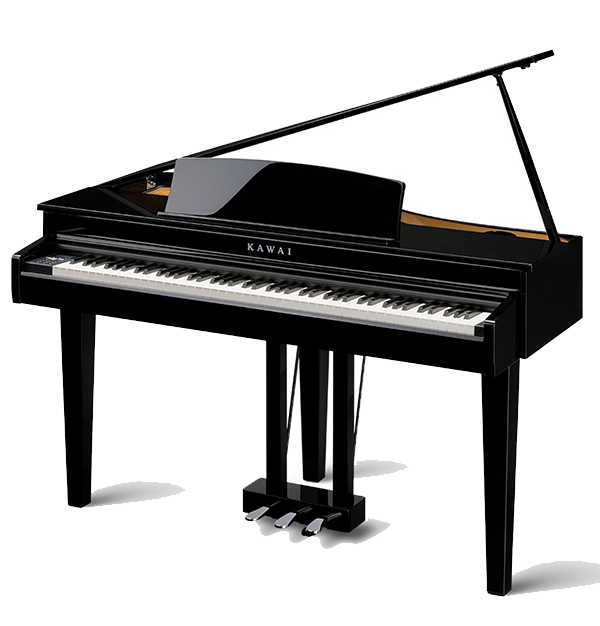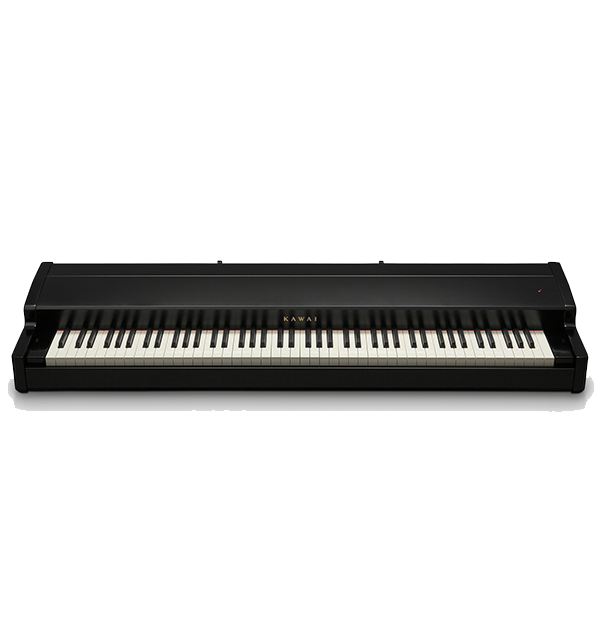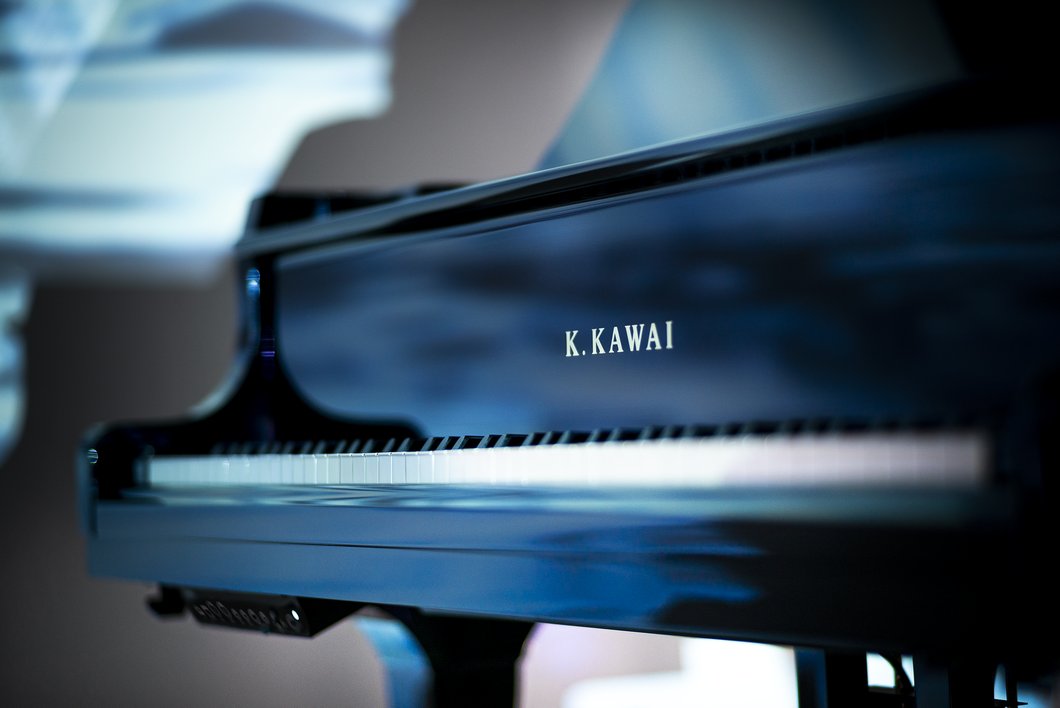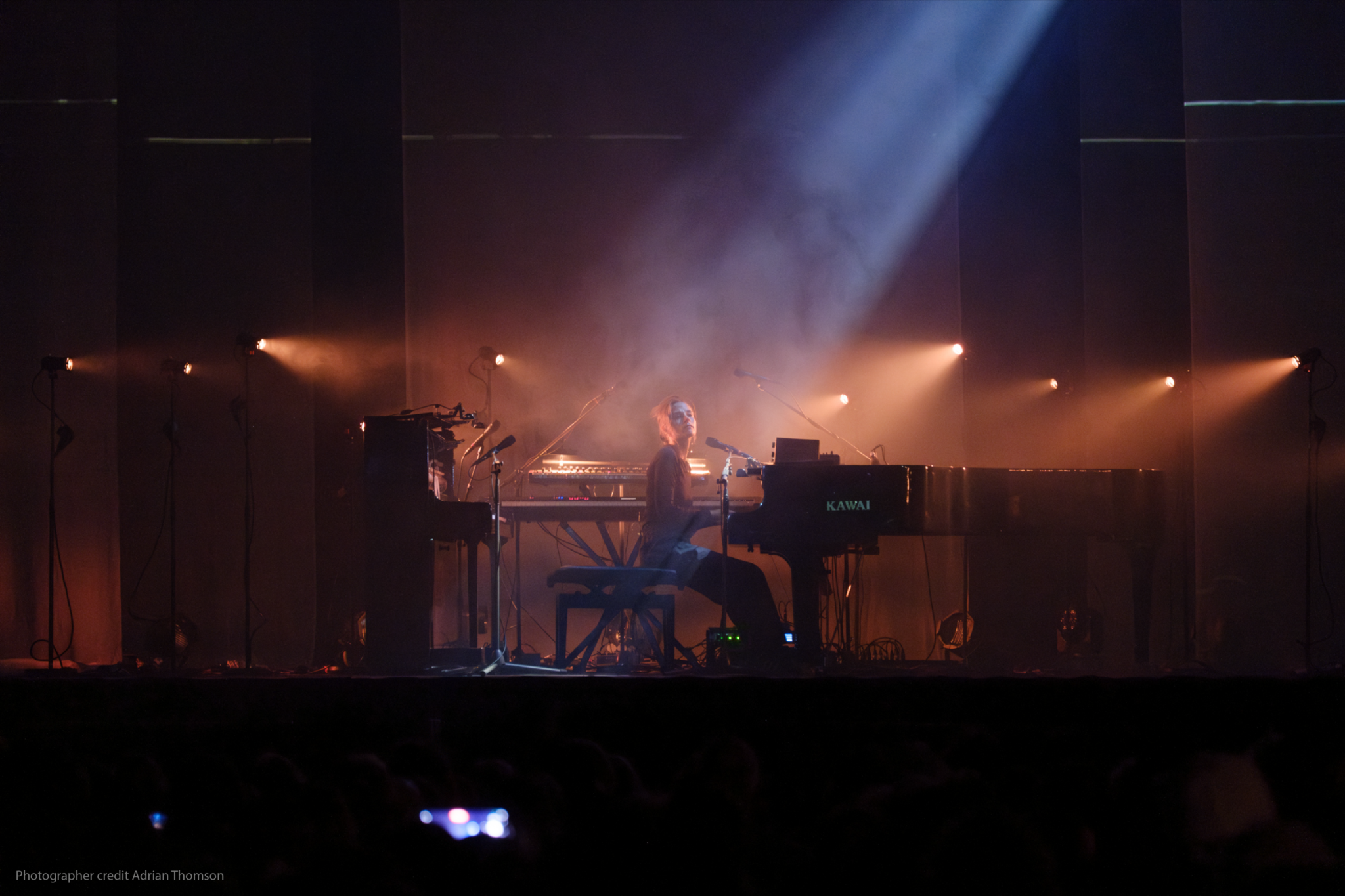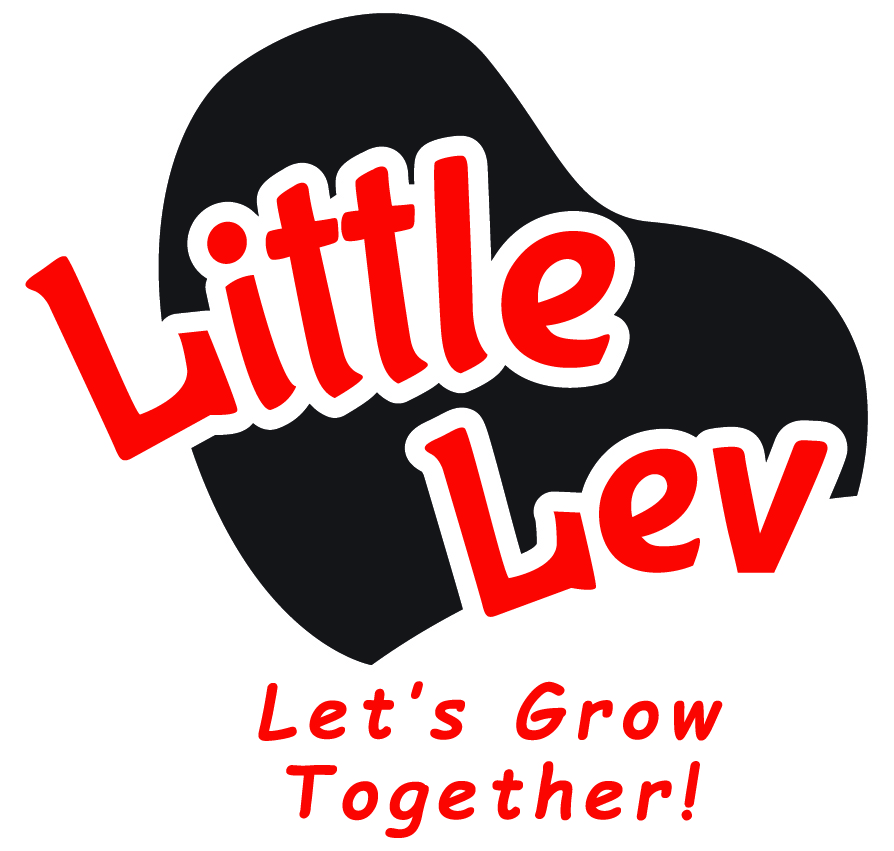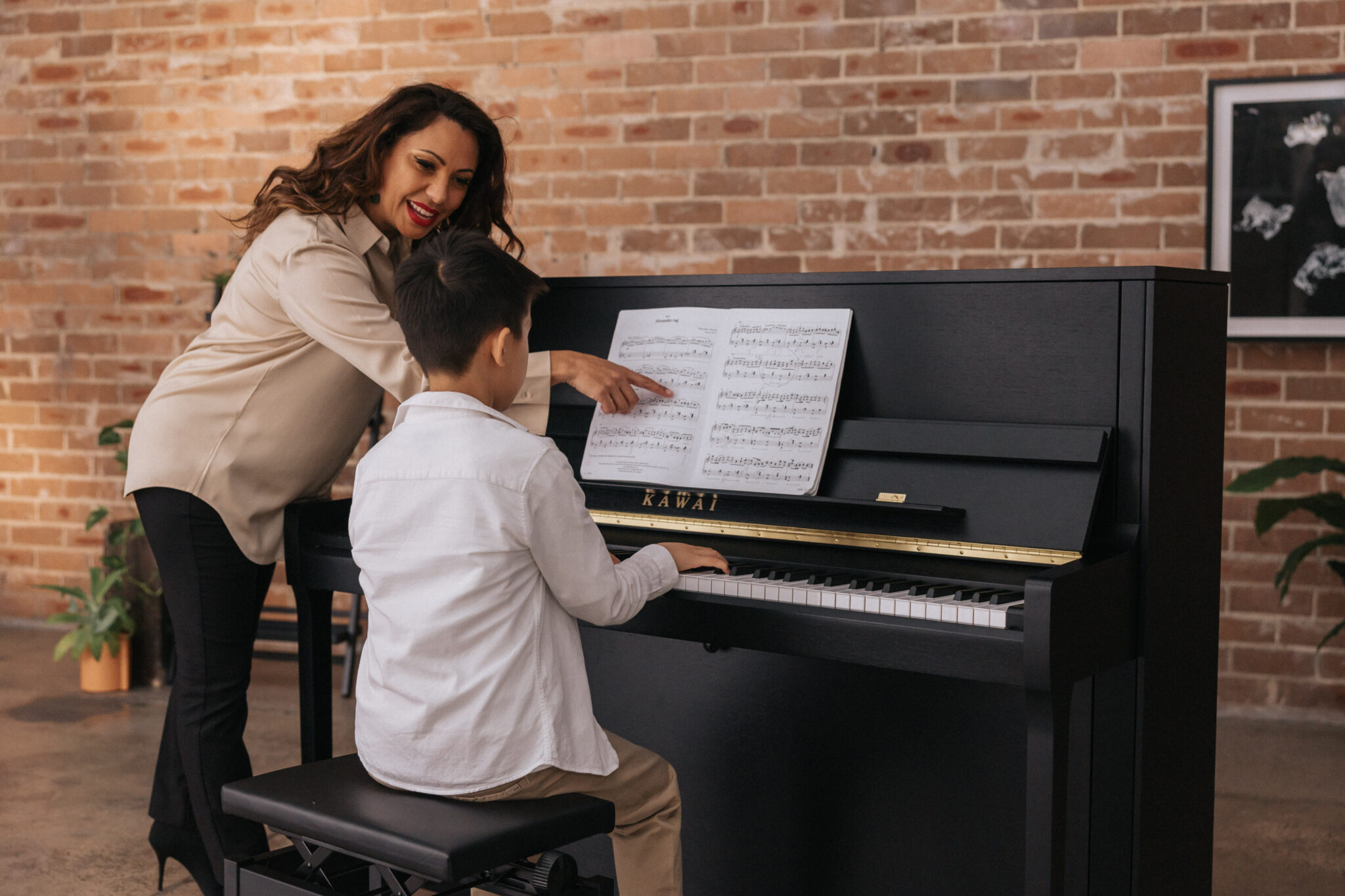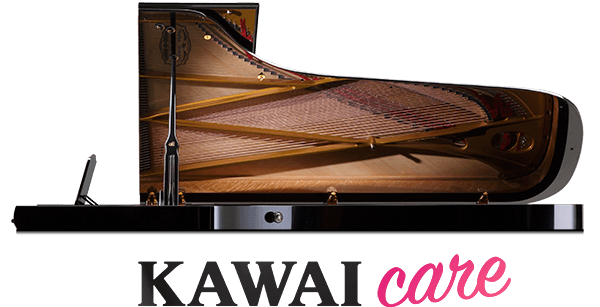Rediscover The Piano
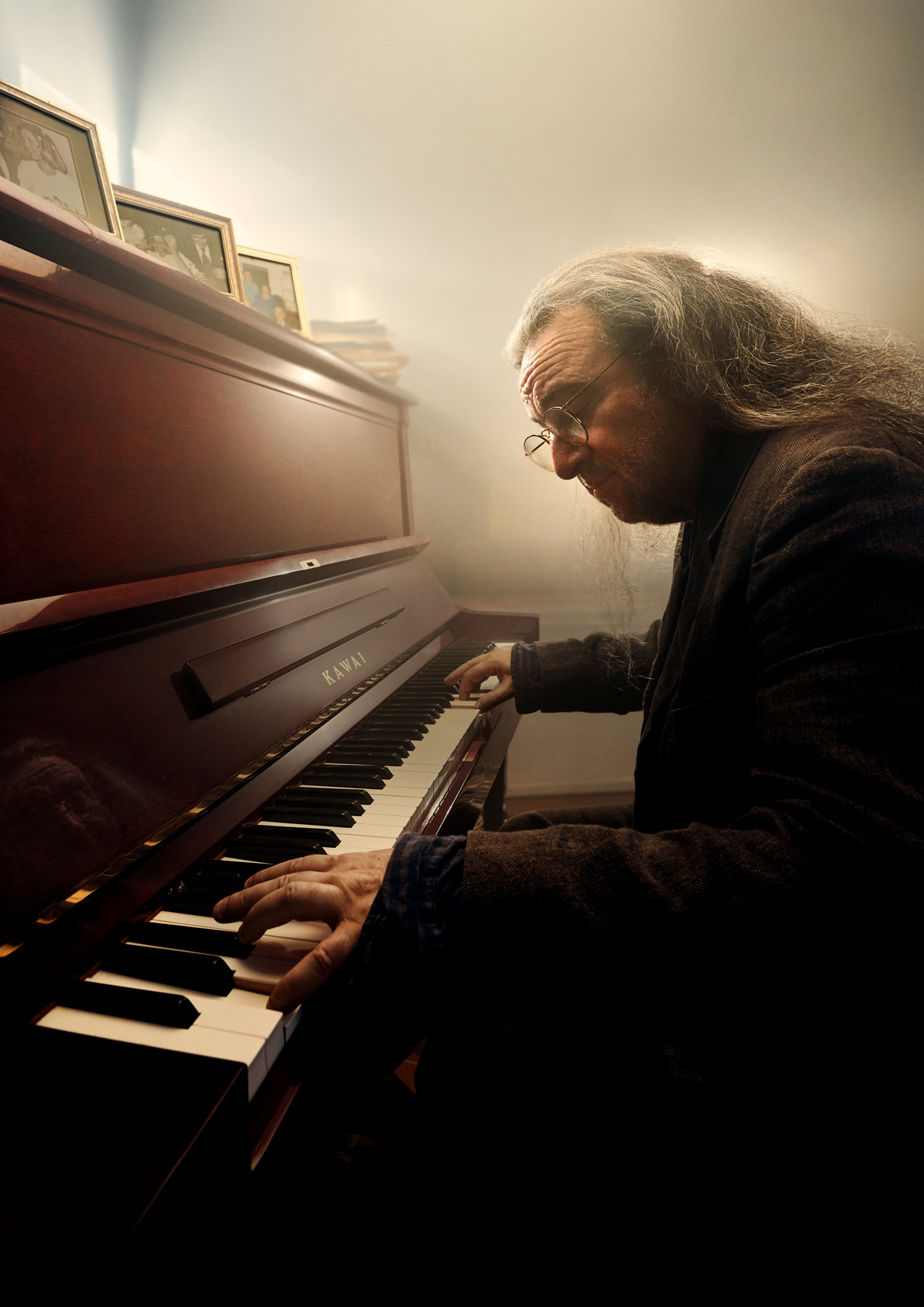
There’s something deeply satisfying about returning to an old love. For many adults, that love is the piano.
Whether you’re a young professional looking for a meaningful hobby or a grandparent seeking ways to stay mentally sharp and emotionally fulfilled, the piano offers more than nostalgia. It provides tangible mental, emotional, and lifestyle benefits—and, perhaps most importantly, can be a source of pure enjoyment.
A Workout for the Brain
Playing the piano is one of the few hobbies that engages every region of the brain at once. Neuroscientist and author Dr Daniel Levitin explains that music activates all parts of the brain that we’ve mapped so far, and every neurochemical system that we can measure. It demands coordination, memory, concentration, and auditory processing, all in real time. A 2013 study published in Frontiers in Psychology found that musical training can enhance executive function, a set of cognitive skills that includes problem-solving, attention control, and working memory—skills that naturally decline with age unless actively used.
This means playing the piano can help keep your brain agile and your mind clearer, longer.
Stress Relief and Emotional Balance
We all need a way to unwind, and playing the piano offers a unique kind of therapy. The rhythmic repetition, the physical touch of the keys, and the immersive nature of music itself can soothe the nervous system and offer a form of mindfulness without the need to sit still and meditate.
In fact, several studies suggest that piano playing can reduce cortisol levels (the hormone linked to stress and body inflammation) and increase dopamine—the “feel good” chemical. It’s no wonder that more adults are turning to music as a form of self-care.
Memory and Longevity
If you’re hoping to stay sharp as the years roll on, the piano may be one of your best allies. Learning, retaining, and recalling music keeps the memory circuits active. Regular practice—even just a few minutes a day—has been shown to strengthen the neural pathways responsible for both short-term and long-term memory.
Longitudinal studies have also linked musical engagement with a slower rate of cognitive decline and even delayed onset of dementia. In short, the piano could be one of the enjoyable ways of keeping your mind highly active, and minimising risk of mental decline.
A Creative Outlet in a Structured World
Modern adult life can feel like an endless loop of responsibilities. The piano offers a precious outlet for creative expression—no deadlines, no demands, just you and the music. Whether you’re recreating a Chopin nocturne or improvising your own tune, the piano gives you space to feel inspired and imaginative.
And for those returning after a long hiatus, there’s great joy in watching your hands remember what they once knew—and in giving yourself permission to play without pressure. Discovering new pieces or new composers can feel like finding previously unexplored flavours or colours – something fresh and novel!
Social Connection
Music has a wonderful way of bringing people together. Whether you’re joining a local piano group, playing duets with a grandchild, or simply sharing a video with friends, the act of playing fosters connection.
This is especially valuable later in life, when it’s important to maintain an active social circle. A shared love of music can rekindle friendships, spark conversation, and bring generations together in meaningful ways.
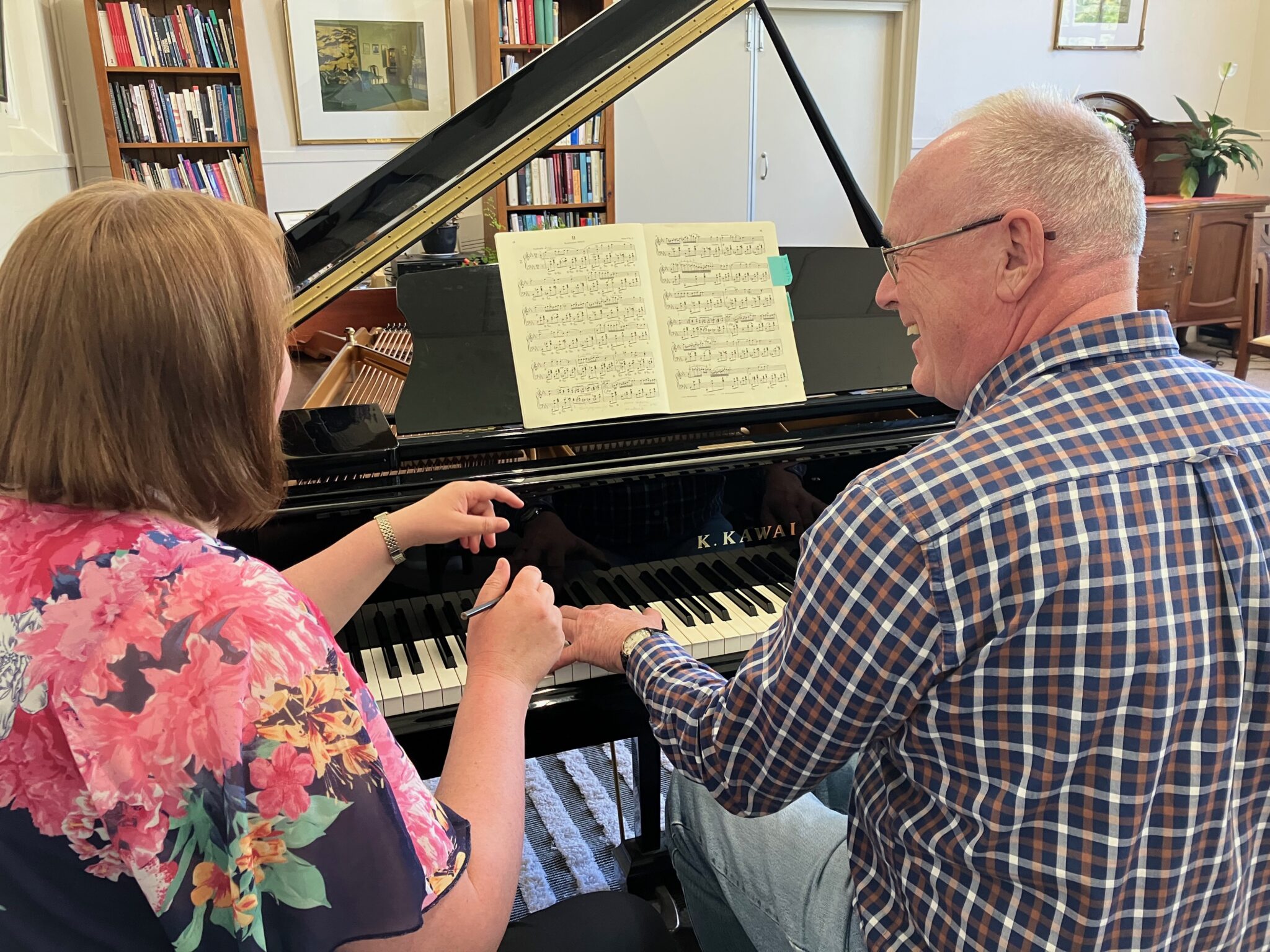
You Don’t Need to Be a Concert Pianist
This might be the most important point of all: you don’t have to be brilliant, you just have to enjoy it. There’s immense value in simply sitting at the piano for 10 or 15 minutes a day and making music that makes you smile.
There’s no exam, no audience—just a quiet invitation to yourself: come and play.
Final Thoughts
In an age of endless scrolling and busy schedules, piano playing offers a rare and beautiful alternative. It’s mentally enriching, emotionally grounding, creatively fulfilling, and entirely yours.
In the words of British-Spanish concert pianist and author, James Rhodes:
“Music provides company when there is none, understanding where there is confusion, comfort where there is distress, and sheer, unpolluted energy where there is a hollow shell of brokenness and fatigue. There are eighty-eight keys on a piano and within that, an entire universe…”
So, if you’ve ever thought about playing again—or starting for the first time—consider this your sign.
You’re never too old. You’re not too busy. And it’s never too late.
Written by Andrew Rumsey, Business Development Executive – Education & Acoustic Pianos
Prepared by Hugh Raine, Digital Marketing Specialist
